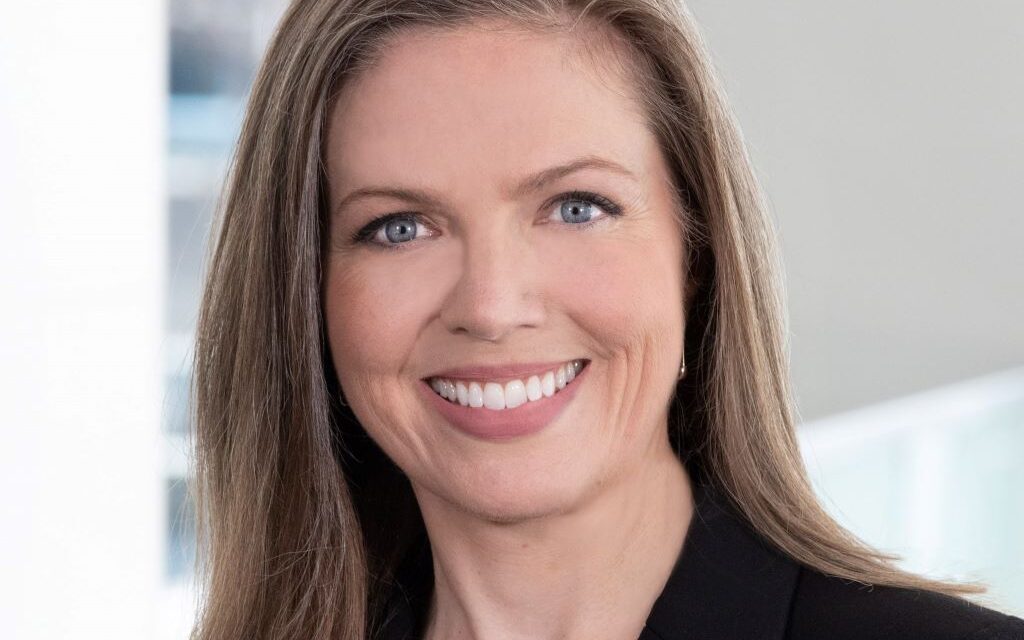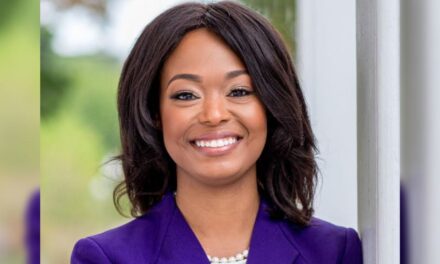By Megan Sayles
AFRO Business Writer
msayles@afro.com
A recent report revealed that Washington D.C. is a leading region for women entrepreneurs. The 2024 Impact of Women-Owned Businesses, commissioned by Wells Fargo, examined the Washington-Arlington-Alexandria metropolitan statistical area (MSA) among others across the country. D.C. ranked number nine.

“D.C. was a top 10 metropolitan area,” said Val Jones, women’s segment leader for small business at Wells Fargo. “There’s a moderate firm growth of 9.6 percent, but what they found in the D.C. area in particular is that women-owned businesses contributed a lot to strengthening the region’s economy.”
The report was inspired by the need for more current data about the state of women-owned businesses. Previously, most people referred to the 2019 State of Women-Owned Businesses Report, which was commissioned by American Express.
In 2020, the COVID-19 pandemic swept through the country, disrupting and, in some cases, eliminating businesses. The long-term effects are still unfolding. As so much has changed for businesses in the past couple of years, Wells Fargo wanted to assess the current landscape.
Jones said of the top 10 MSAs, including D.C., there were a couple common themes contributing to their regions being suited for women-owned businesses.
“First, they have a strong economy in general. D.C. definitely has the government there providing a lot of different growth opportunities, and it’s very stable,” said Jones. “Across the board, they also found that there was a highly educated workforce. If you’re needing expertise to get your firm off the ground, you have that workforce around you and you can do that a lot faster.”
One other common thread is that the regions prioritize providing support to women-owned businesses.
“These top areas provide focused support for women entrepreneurs,” said Jones. “There are specific programs providing opportunities for bidding on contracts and technical assistance.”
Across the U.S., the report found that there were more than 14 million women-owned businesses, representing 39.1 percent of all firms. They commanded 12.2 million employees, and their revenue was $2.7 trillion.
Their earnings represent just 5.8 percent of total firm revenue in the U.S., but they have more to give.
“Still, women could make a greater impact if the gaps between women of color and White women-owned businesses, as well as between women and men, were closed,” wrote the report.
It projected that women entrepreneurs could generate an additional $7.9 trillion if their average revenue was on par with men’s. They could garner an additional $667 billion if minority women-owned businesses and White women-owned businesses had the same average revenue.
One challenge is that women are more likely to start businesses in sectors that produce modest revenues.
“Women tend to congregate in industries that have lower revenues, as opposed to their male counterparts, like service, education or personal aides,” said Jones.
Although this tendency prevails, the report identified a few sectors that women are growing into.
“There are opportunities for women to consider industries that they might not have thought about before,” said Jones. “Some of the growth industries we’re seeing are finance, insurance and construction.”
Access to capital is also a persistent barrier for women entrepreneurs, especially for Black and Brown women. Though the report learned that Black women have similar growth rates to their peers and eclipse them with employment growth rates, they are more likely to be denied loans or encounter higher interest rates from lenders.
While there’s been a rise in support programs for women-owned businesses since the COVID-19 pandemic to address long-standing disparities, some of these efforts have come under attack. Most recently, a U.S. appeals court suspended a grant program led by Atlanta-based Fearless Fund that targets Black women entrepreneurs
The venture capital fund is part of an ongoing lawsuit lodged by the American Alliance for Equal Rights. The organization is headed by conservative litigant Edward Blum, who championed the eradication of affirmative action.
“No one is trying to take anything away from anybody that’s already getting capital. No one is trying to take anything away from supports that might be out there for a variety of people,” said Jones. “If we enable women, minorities and any special groups that might be out there to be successful, they’re going to hire employees and put more money into the economy. We all benefit.”
The post D.C. leads in markets for women-owned businesses appeared first on AFRO American Newspapers.











